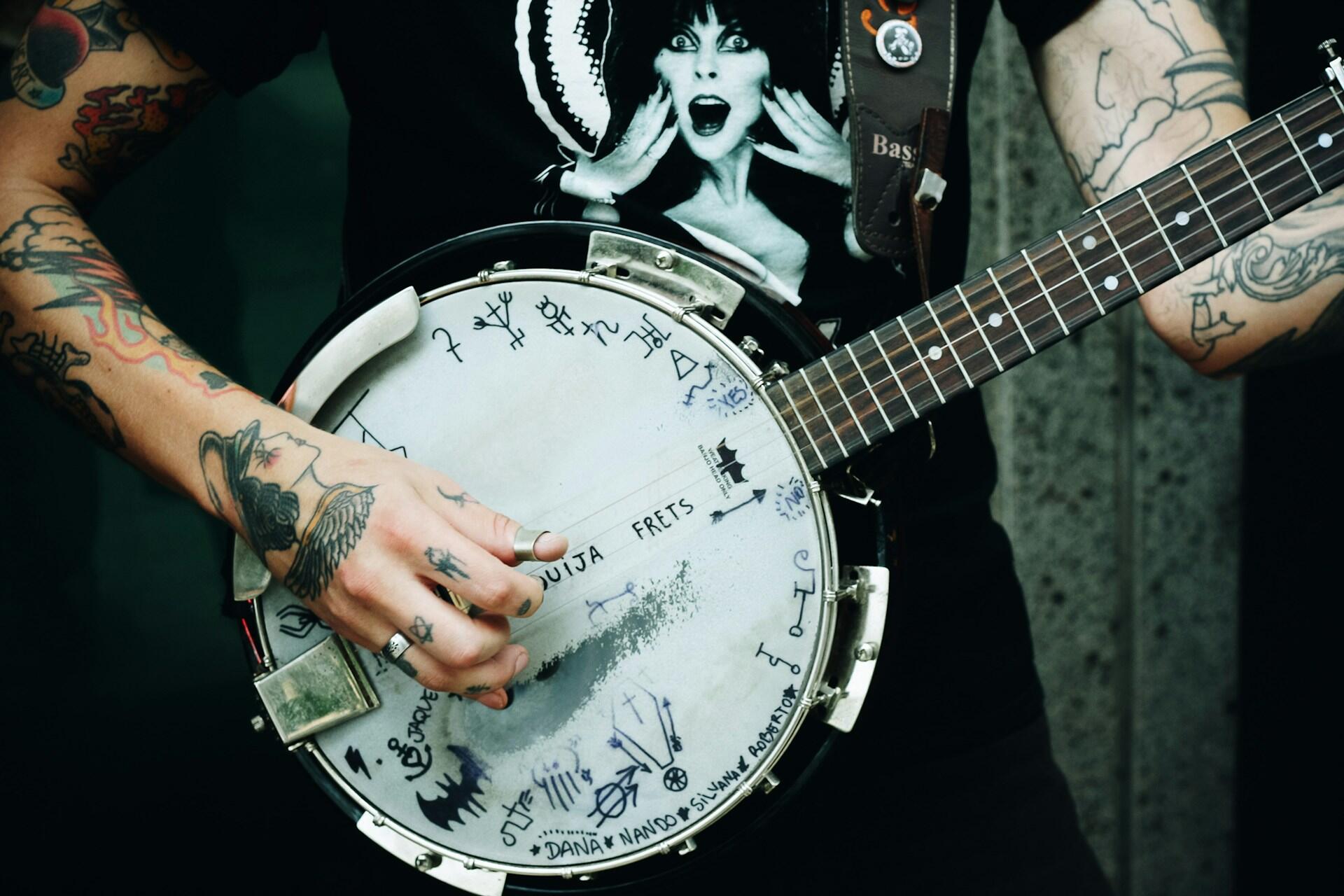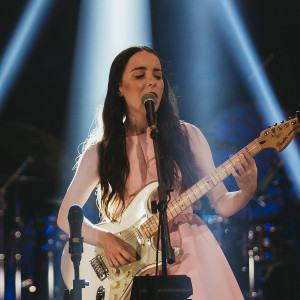I’m not just a doormat. I’m not just being stepped on all over the place. If you look at the bulk of my material, it’s about trying to find some strength through that.
Lucinda Williams, American singer-songwriter
Alt country or alternative country could be called country-adjacent. This is country music from a parallel universe, where the heart and storytelling of classic country are combined with rock grit, folk sincerity, and punk's edginess. It was created by artists who felt constrained by Nashville's polished formula and is now a space for experimentation, while remaining rooted in American music. Here, we'll explore its origins, the key artists who defined it, and how it continues to evolve, whether you like it or not.

Origins and Evolution of Alternative Country
Alternative country is the product of decades of rebellion against mainstream music. Country music has always had its outsiders, but alt country took that independent spirit and fused elements of folk, punk, and rock into it.
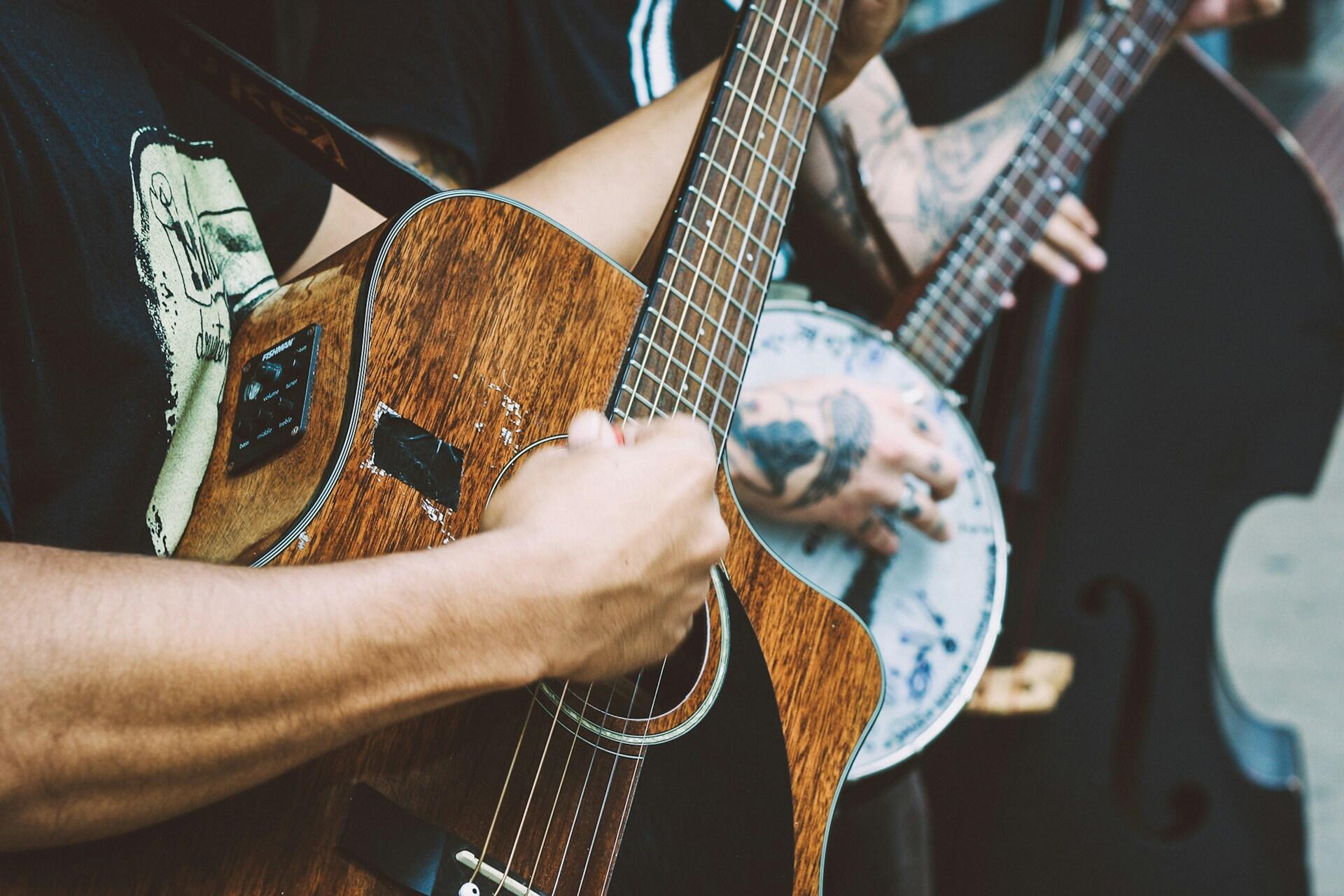
Early Influences and Foundations
Alt-country's seeds were sown by pioneers like Hank Williams Sr. and Johnny Cash. William took heartfelt, plainspoken lyrics and made them authentic. Cash stripped down arrangements and gave the genre a rock edge, much like the gritty Texas country genre. In the 1960s, folk revivalists like Bob Dylan and The Byrds played a pivotal role by introducing electric guitars and poetic songwriting into country music's peripheral vision. These influences meant that country kept its emotional core while experimenting. The musicians who didn't want to fit into the highly commercial Nashville mold had a space and a genre to explore.
Emergence in the 1980s and 1990s
With the growing polish of the mainstream country industry and the rise of pop country artists, a new wave of musicians emerged in the 1980s. Straight from punk rock clubs, indie record stores, and local bars, they'd heard something they liked, but they were still country artists.
Bands like Rank and File and The Long Ryders were among the first to merge punk energy with twangy guitars, a sonically distinct direction from that of the bass-heavy country rap genre. They found fans who shared their lack of enthusiasm for the Nashville sound.
Uncle Tupelo's landmark 1990 album, No Depression, became a rallying cry for the alt-country movement and also gave rise to the name of an entire alt-country subculture. Other acts, such as Son Volt, Wilco, and Whiskeytown, pushed the sound in different directions.
We could have everything from folk-tinged storytelling to crunchy rock-infused arrangements. Many of these artists were on independent labels, ensuring that alt-country musicians could maintain their identities without being forced to create formulaic radio hits. Some modern acts push this rebellious streak even further by fusing country and rap to commercial success.
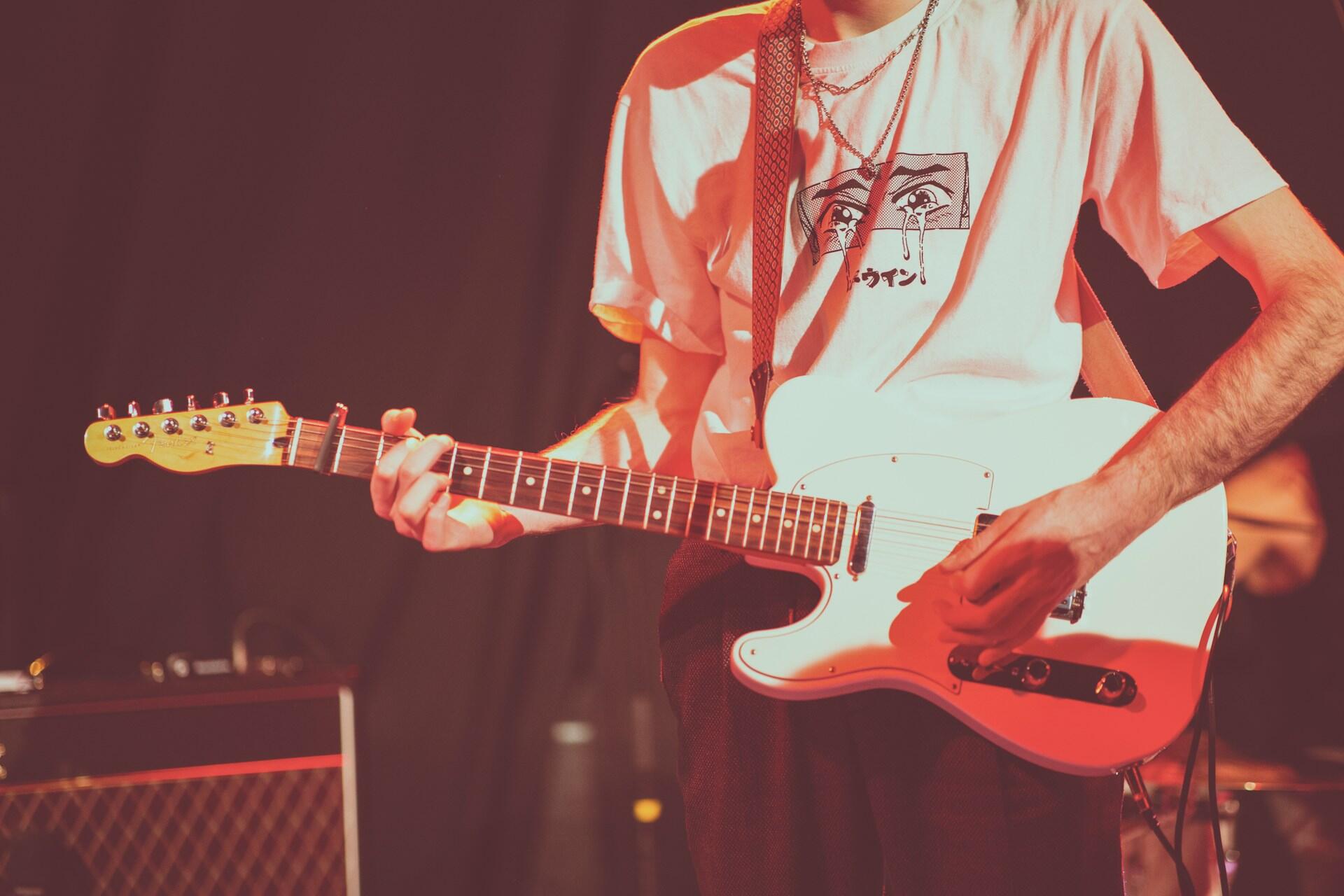
Alt-Country Timeline
1960s
Folk and Country Roots Begin to Merge
Bob Dylan and The Byrds introduce electric guitars to folk and country; Gram Parsons starts shaping “Cosmic American Music.”
1970s
Proto-Alt-Country Influences
Outlaw country rises with Willie Nelson and Waylon Jennings; Gram Parsons’ solo work inspires future Americana and alt-country artists.
1980s
Punk Meets Country
Bands like Rank and File and The Long Ryders blend punk energy with twangy guitars, attracting listeners outside Nashville’s mainstream.
1990
“No Depression” Sparks a Movement
Uncle Tupelo releases No Depression, creating a rallying cry for alt-country fans and inspiring the name of an influential magazine.
1990s
Indie Expansion
Wilco, Son Volt, and Whiskeytown push alt-country in experimental, rock, and folk-leaning directions, mostly via independent labels.
2000s
Americana Crossover
Drive-By Truckers, Gillian Welch, and The Avett Brothers help bridge alt-country and Americana, gaining critical acclaim.
2010s
Modern Outlaws
Jason Isbell, Sturgill Simpson, and Margo Price bring raw storytelling to wider audiences, winning major awards while keeping indie credibility.
2020s
Global Reach
Artists like Charley Crockett and Molly Tuttle blend vintage and modern influences, expanding alt-country’s footprint worldwide.
Defining Characteristics of Alt-Country
So what does alt-country sound like? That's a tricky question, since, at its core, it's about finding that delicate balance between country music's traditions and rebelling with new sounds. It borrows heavily from classic country and Americana music instrumentation while creating a sound with the kind of energy you'd expect from rock, punk, or folk music.
You'll hear acoustic guitars, steel guitars, fiddles, and banjos with distorted electric guitars, bass, and stripped-down percussion. You could hear a track with a delicate folk melody at the start, before transitioning into a raucous rock chorus.
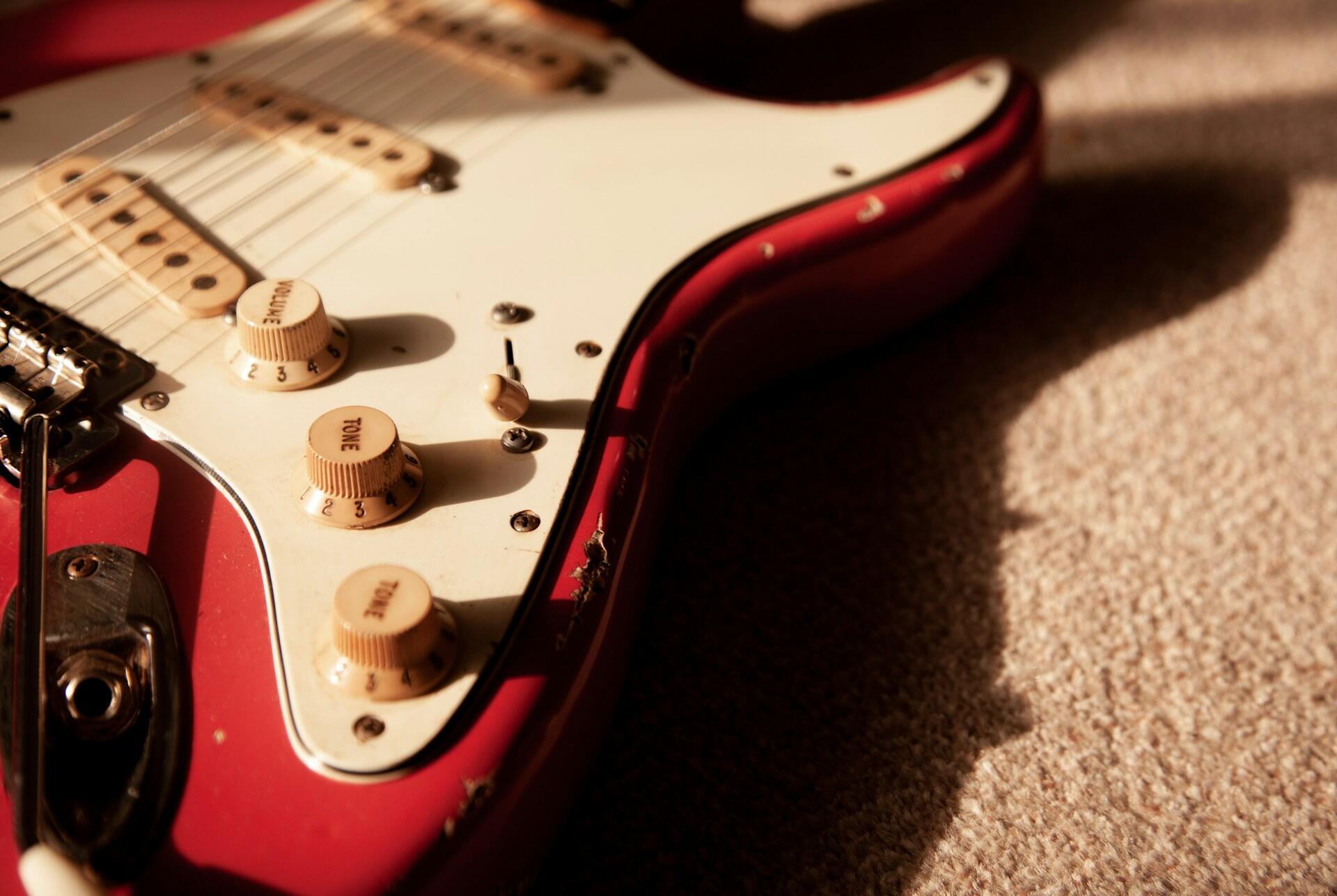
As for the lyrics, alt-country tends to be honest and unvarnished. Heartbreak, working-class struggle, isolation, and resilience are all common themes. Vocal performances tend towards being expressive rather than polished and refined.
The production style deliberately diverges from mainstream country and pop country music. There's minimal overdubbing, and a preference for live, full-band recordings, which result in a sound that feels intimate.
Notable Alternative Country Bands and Artists
The top alt-country artists have all played their part in the sound. From the earliest innovators to the modern trailblazers, alternative country artists continually strive to create something fresh. Here are just a few of the biggest names.
| Artist | Suggested Song |
|---|---|
| Hank Williams Sr. | I'm So Lonesome I Could Cry |
| Johnny Cash | Folsom Prison Blues |
| The Byrds | You Ain’t Goin’ Nowhere |
| Gram Parsons | Return of the Grievous Angel |
| Rank and File | Amanda Ruth |
| The Long Ryders | Looking for Lewis and Clark |
| Uncle Tupelo | No Depression |
| Son Volt | Windfall |
| Wilco | California Stars |
| Whiskeytown | 16 Days |
| Drive-By Truckers | Let There Be Rock |
| Lucinda Williams | Car Wheels on a Gravel Road |
| Jason Isbell | Cover Me Up |
| Sturgill Simpson | Turtles All the Way Down |
| Margo Price | Hurtin’ (On the Bottle) |
Hank Williams Sr.
Hank Williams Sr. is often regarded as one of the pioneers of country music. His emotional delivery inspired numerous subsequent alt-country musicians, as he predated the genre itself.
Johnny Cash
The Man in Black brought an outlaw edge to country music. He incorporated folk and rock elements into his work, pairing them with his distinctive baritone storytelling. Again, call it proto-alt-country or whatever you like, but without him, alt-country would be very different.
The Byrds
The Byrds were primarily a rock band, but albums like Sweetheart of the Rodeo demonstrated how rock rhythms and harmonies could blend effectively with traditional instrumentation.
Gram Parsons
The “father of country rock”, Parsons combined honky-tonk with folk and rock sensibilities. His “Cosmic American Music” whether with The Flying Burritos or as a solo artist shaped the alt-country ethos.
Rank and File
Rank and File emerged from the punk scene in the 1980s, adding twangy guitar lines and Western melodies to their sound. Their music spoke directly to a generation of musicians who were sick of the mainstream Nashville polish.
The Long Ryders
The Long Ryders is another group that came from the worlds of alternative rock and punk. High-energy and jangly guitars with a hint of country, they were one of the first acts to demonstrate how alt-country could thrive in college radio circuits.
Uncle Tupelo
Uncle Tupelo's No Depression album helped create a template for modern alt-country. Punk aggression, folk lyricism, and country instrumentation resonated with disenchanted youth.
Son Volt
After Uncle Tupelo broke up, Jay Farrar formed Son Volt. Leaning more heavily into roots rock and Americana, the group helped keep alt-country relevant in the 1990s.
Wilco
Another phoenix to rise from the ashes of Uncle Tupelo, Wilco is Jeff Tweedy's project after the band split. Wilco were initially an alt-country band, but they would evolve into a more experimental rock act. Records like A.M. and Being There kept the spirit of alt-country alive while pushing the boundaries.
Whiskeytown
Whiskeytown became one of the most critically acclaimed alt-country acts in the 1990s. Fronted by Ryan Adams, the band blended melancholic songwriting with a rock edge, attracting a broader audience to the genre.
Drive-By Truckers
Gritty storytelling with a southern rock swagger, Drive-By Truckers combine biting social observation with high-energy performances. Have a listen to Southern Rock Opera and you'll know what we mean.
Lucinda Williams
Lucinda Williams' lyrics and sound are rooted in blues, folk, and country. She's one of alt-country's most respected voices. Her 1998 album Car Wheels on a Gravel Road is highly recommended.
Jason Isbell
Jason Isbell was a member of Drive-By Truckers before becoming a solo artist. His deeply personal songwriting has helped lift up alt-country and is critically acclaimed. Listen to Southeastern and Reunions for some incredible storytelling and musicianship.
Sturgill Simpson
Sturgill Simpson is an alt-country artist with a modern psychedelic twist, utilizing unconventional arrangements that incorporate traditional instrumentation. If you listen to Metamodern Sounds in Country Music, you'll hear just how much potential this genre has.
Margo Price
Margo Price is the modern example of the outlaw country spirit. Her music carries on the tradition of honest and raw storytelling through themes of social and personal struggles. Sonically, Price blends honky-tonk roots with rock attitude.
Alternative Country in Popular Culture
By its nature, alternative country steps away from mainstream culture. However, certain alt-country acts have had a significant influence on television, film, and the broader music industry. You can hear alt-country in TV shows like Friday Night Lights and Yellowstone, with the music being used to create a grounded and authentic atmosphere.
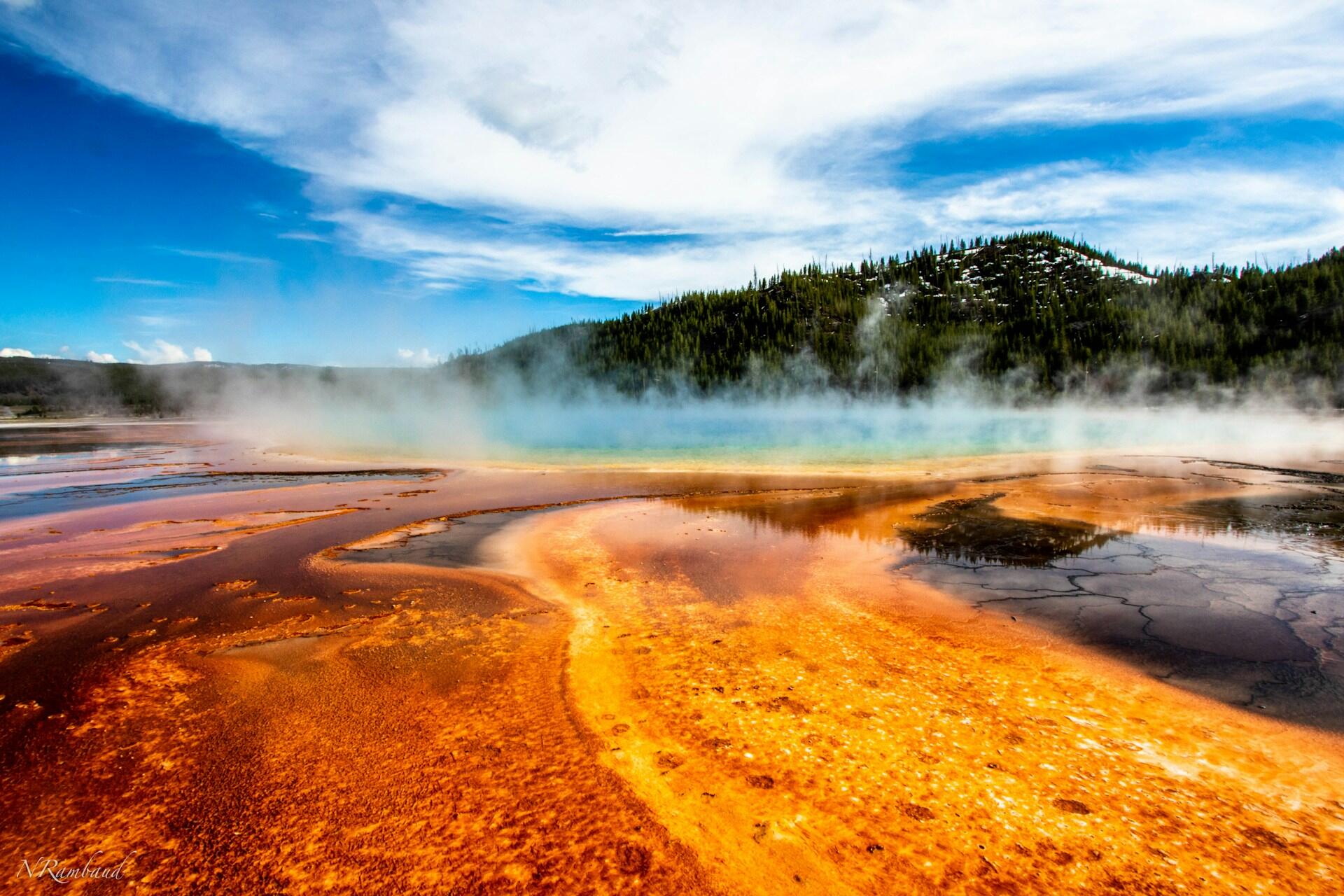
Similarly, the alt-country aesthetic and look, which includes denim jackets, weathered guitars, and intimate live performances, have been used by filmmakers as a shorthand for authenticity. Alt-country songs in movies usually give a sense of personal struggle in rural America.
With the advent of streaming platforms, no alternative genres are truly hidden anymore. Listeners from all over the world can look for "Americana", "Indie Country", or "Alternative Country" on Spotify or Apple Music and start hearing the music we've been talking about here. Once upon a time, you could only hear these artists in small bars and regional festivals. Now, anybody can enjoy alt-country in the 21st century.
Like other country subgenres, alt-country is another that can be thrust into the limelight through critical acclaim. When artists win Grammy Awards, it's a win for the musicians and the genre, proving that you can stay true to your roots and still gain recognition.
Alternative country thrives as a niche genre, but it wouldn't be possible without the larger country music ecosystem. From Texas country to pop country, all of these genres couldn't exist without country music itself as a jumping-off point. Whatever your tastes, even if alt-country isn't it, you're likely to find a style of country music that's right for your ears.
Summarize with AI:

